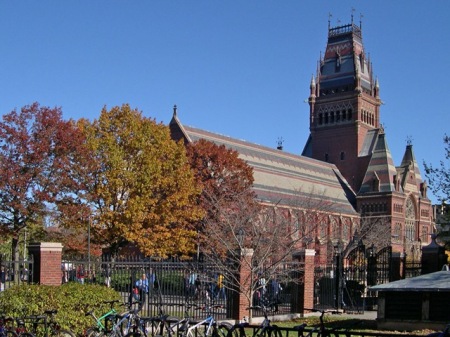 Hoy continuamos con nuestra sección de [5 enlaces][5 links] en este caso con un variadito en inglés..
Hoy continuamos con nuestra sección de [5 enlaces][5 links] en este caso con un variadito en inglés..
1) The Learning Content Development System (LCDS) de Microsoft.
2) Science2.0: it’s coming… en Erik Duval’s Weblog Learning Objects, Metadata, Interoperability and … me!
Snowflake science is beginning to enter mainstream! A workshop on 18 June calls it research2.0. As they say:
Grid-based, heavy-weight computing infrastructures, driven as they largely have been by the needs of researchers requiring High Performance Computing or High Throughput Computing, do not necessarily address the different needs of scientists across the full range of research areas and disciplines. Consequently, what we now observe is a ‘grass roots’ led appropriation by these latter groups of more flexible, lightweight, easily configurable and rapidly deployable technologies originating from the Web sphere.
 3) The Future of Web 2.0. An interview with WSU’s Gary Brown By Mary Grush en Campus Technology
3) The Future of Web 2.0. An interview with WSU’s Gary Brown By Mary Grush en Campus Technology
As director of Washington State University’s Center for Teaching, Learning, and Technology, Gary Brown has stewarded the acceptance and growth of online learning, forged faculty development programs for early adopters and laggards alike, and struggled with the issues of assessment and accountability. But Brown sees more comprehensive changes ahead, especially as Web 2.0 technologies become widespread.
4) Open Access directory en EduResources Weblog–Higher Education Resources Online
5) Cal State System Raises Accessibility Concerns over Blackboard Online Learning Management System en Online learning update.
The 23-campus California State University system with more than 400,000 students has determined that accessibility issues with the current versions of the Blackboard learning management system preclude their including Bb in the newest round of master enabling agreements. Meanwhile, master enabling agreements were awarded to Angel Learning and MoodleRooms.
Fuente: [varias]
